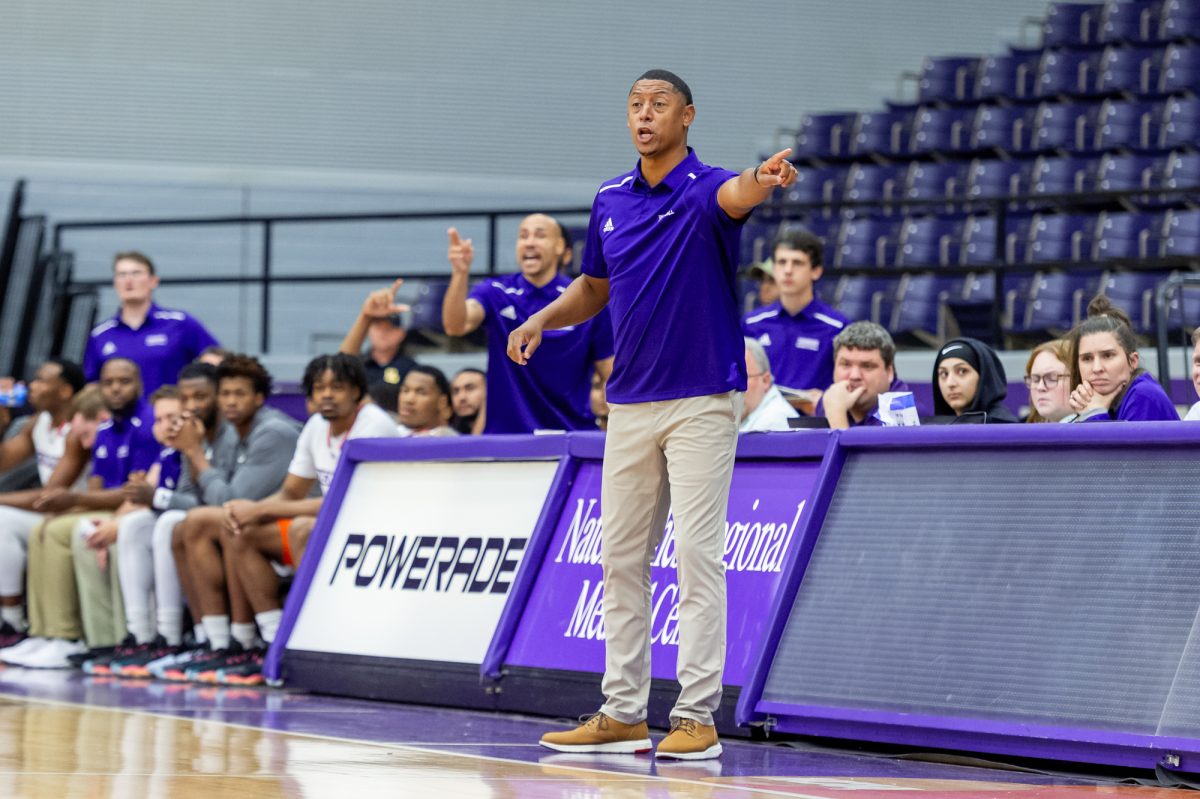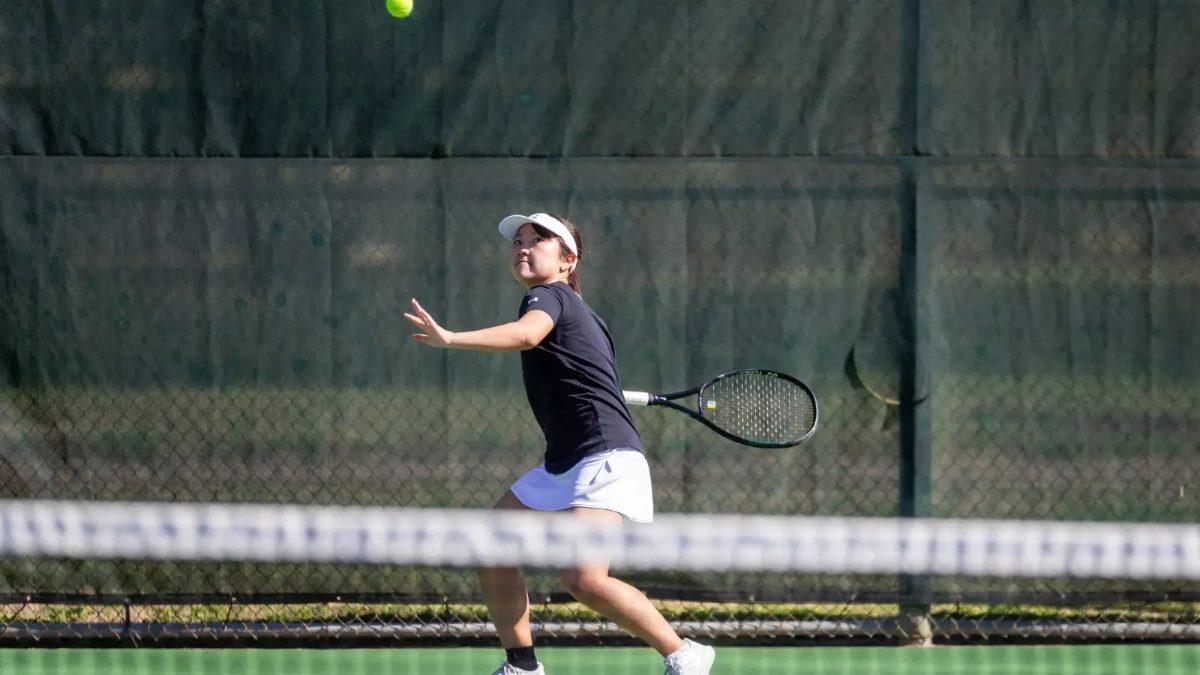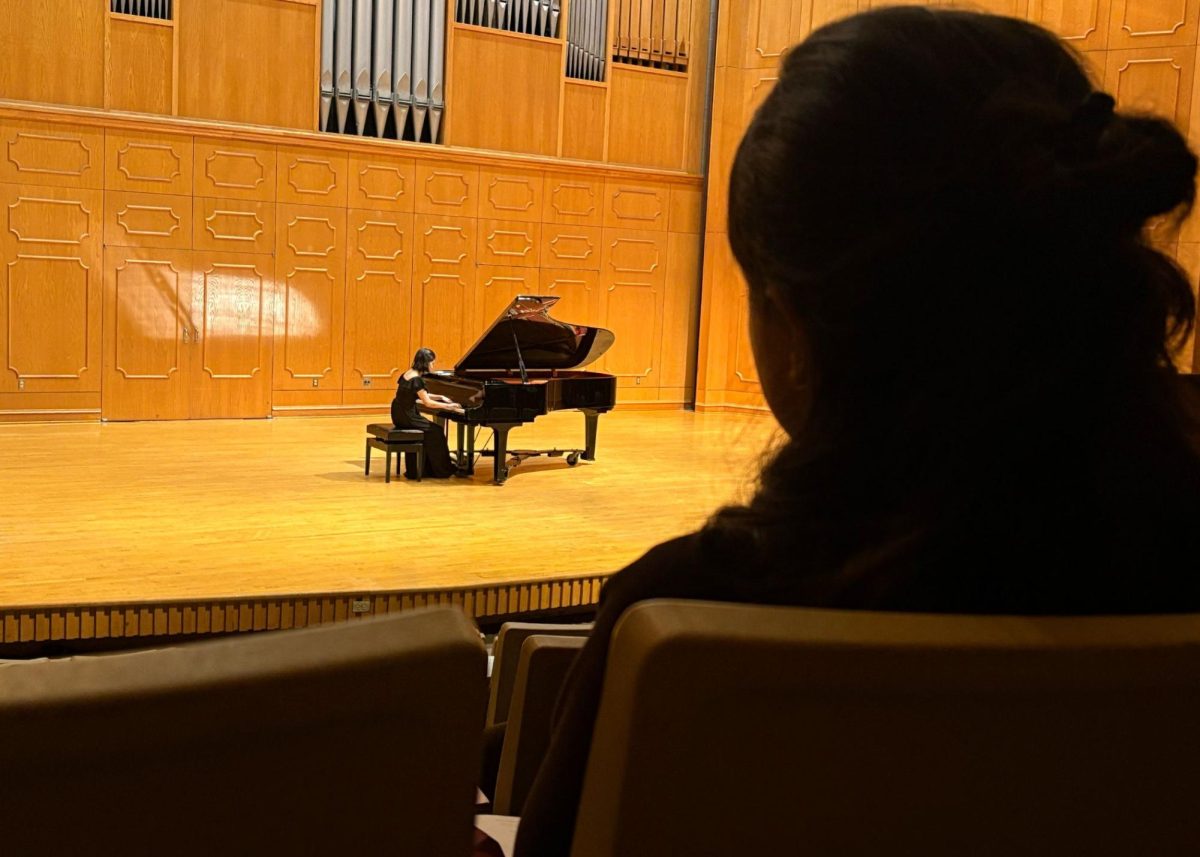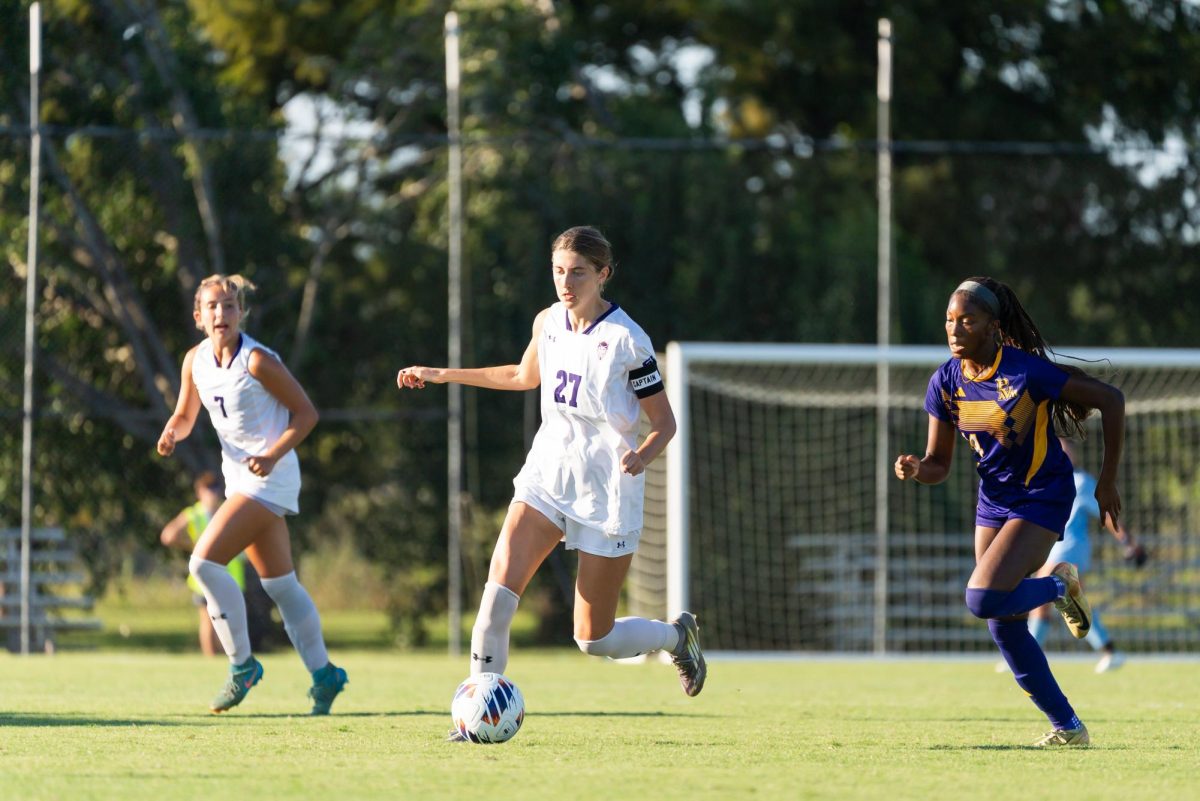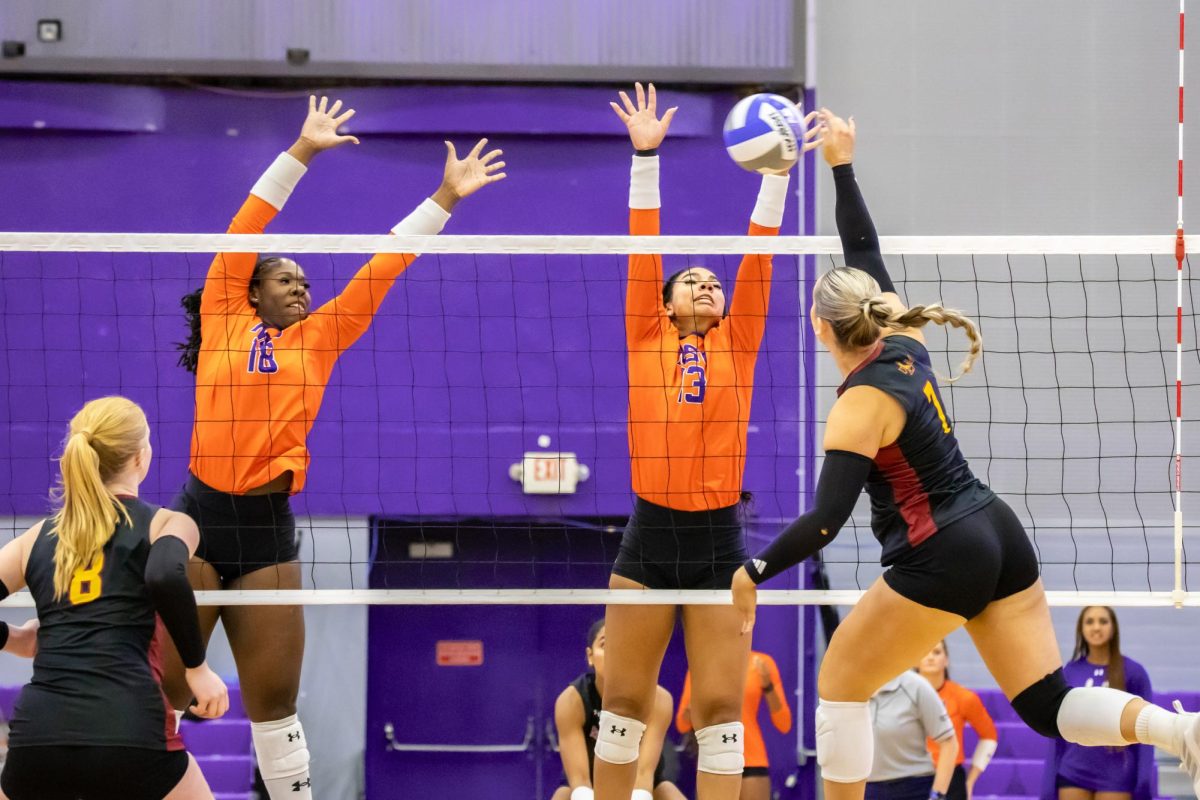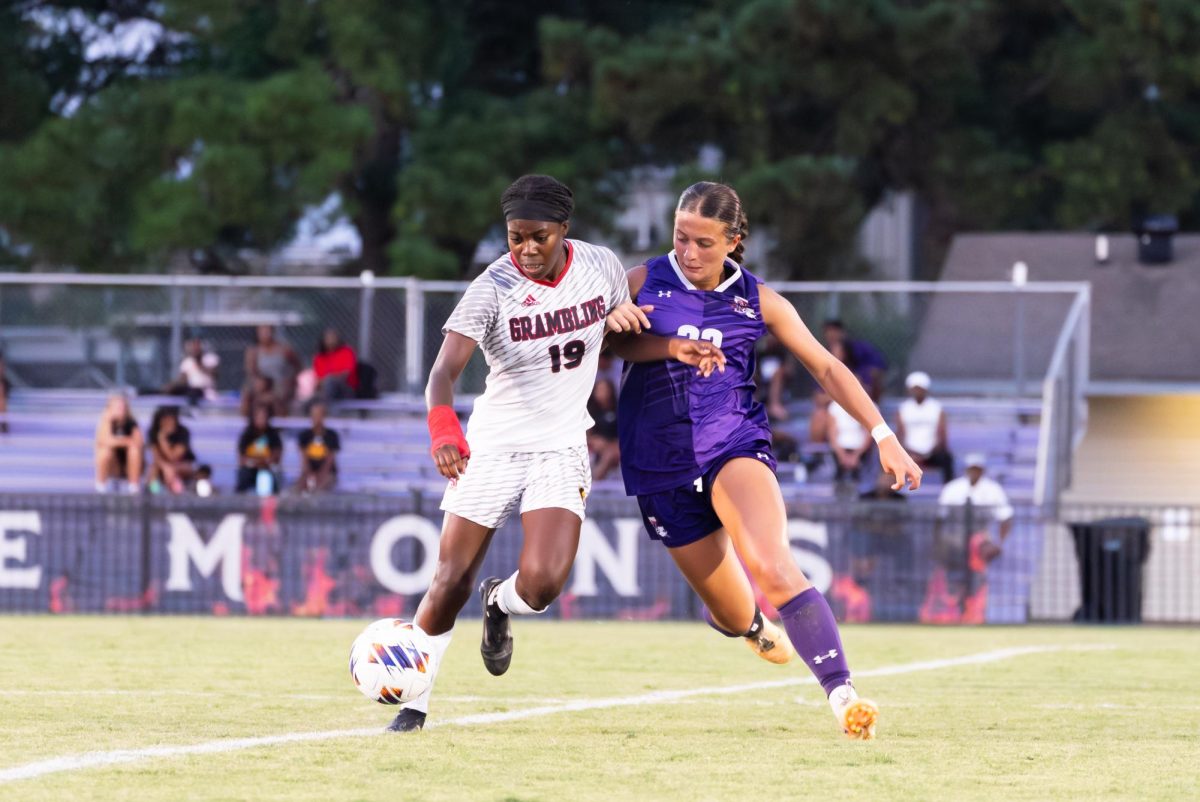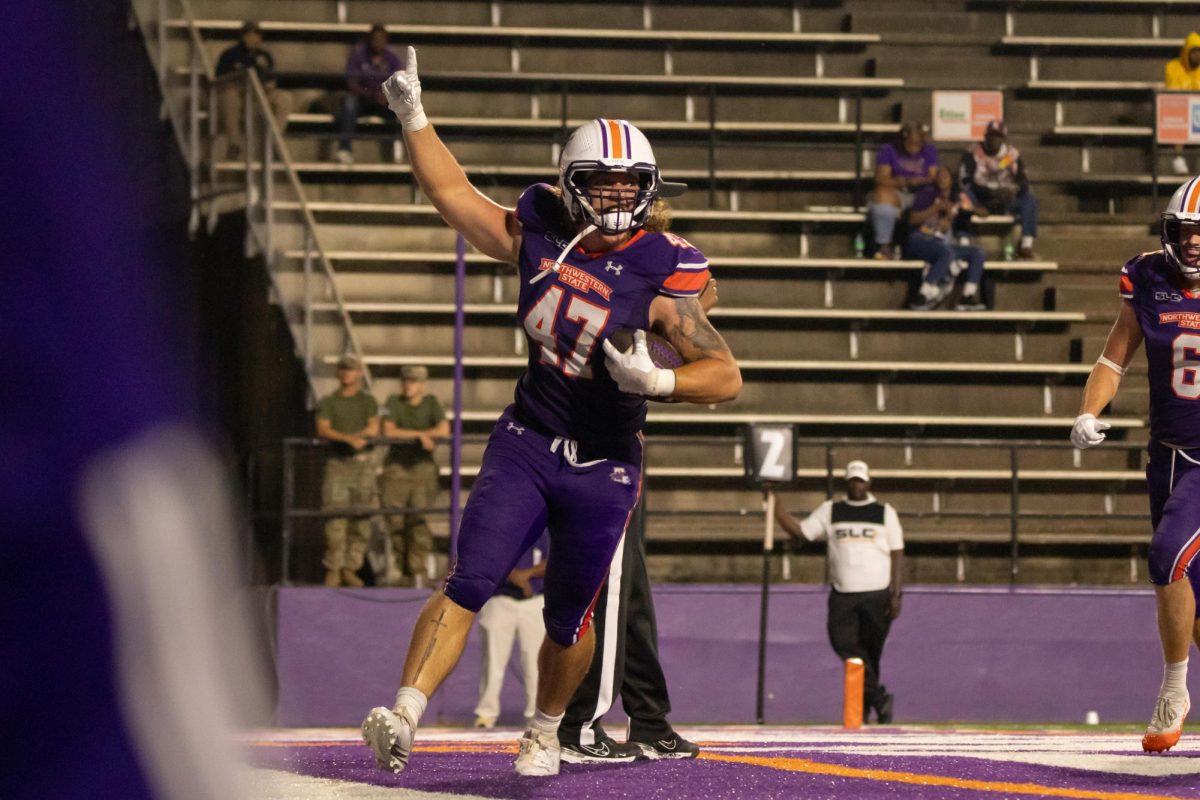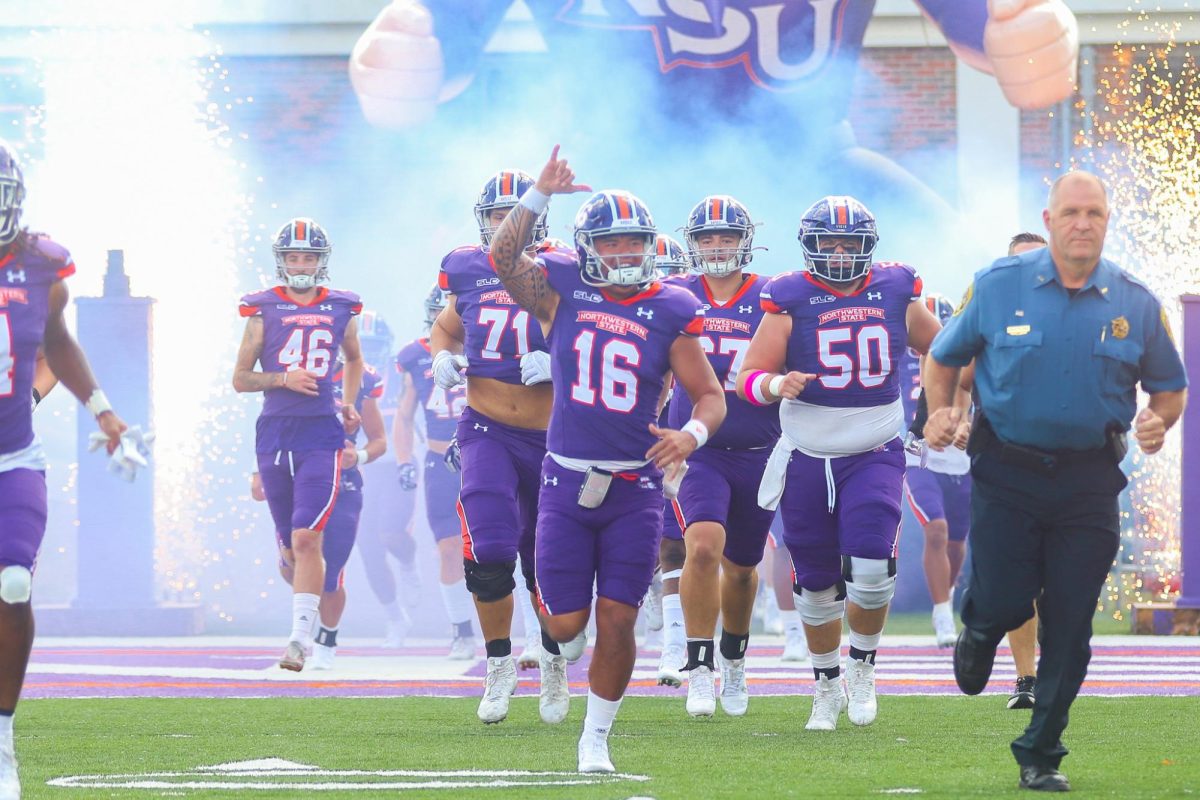Diversity is something Northwestern State University of Louisiana prides itself in, with organizations such as some of the “Divine Nine” sororities and fraternities, the National Association of Black Journalists and even the coaching staff amongst the school’s athletics. Athletic departments such as football, basketball and women’s basketball all have Black coaches on their coaching staff to make up the best leaders the school can offer.
With that comes a larger picture of Black coaches around not only college, but also on a pro level when it comes to giving Black coaches opportunities.
In 1921, Fritz Pollard was the first Black male to be head coach of the Akron Pros in the National Football League in sports history.
Despite this we rarely see Black male and female coaches getting chances to coach any sport let alone in the collegiate and pro level. Even in modern times, like today, there are rules that are applied to give Black and minorities just interviews for head coaching jobs in the NFL.
“There was always this stigma in both basketball and football that guys with our color were not smart enough to be head coaches, they were just players and recruits,” NSU Basketball head coach Rick Cabrera said.
Cabrera talks about the rules being put in place making owners interview minorities along with how the ‘Rooney Rule’ is a good thing, because it helps bring awareness to something that needs to change.
The Rooney rule is an NFL rule quoted in NFL Football Operations.com that “Owners are required to interview up to two minority candidates for open head coaching jobs.” This rule was made in 2003 to give not only minorities but also Black candidates a chance to be head coaches.
“I like it because it brings awareness and shows the progressive changes that are being made,” Cabrera said.
NSU Football defensive line coach Chris Gistorb expressed how the Rooney rule is a double edge sword and does not spark complete change. However, it does show that change is becoming more prevalent in the sports coaching pool.
“I am kind of for it and against it and I know that sounds weird, but it is good because it gives minorities and Black people chances. But it also seems like the fact that a rule had to be put in place seems odd,” Gistorb said. “Also, it doesn’t seem to be perfect in my opinion. Owners just hire Black people to say they have and then fire them.”
This does not, however, stop Black coaches from coaching their student-athletes their goal of teaching players not only about sports but the real world. They tell their student athletes that an education and being a good person can not only get you far in life but help feed not only your family, but your community.
“I not only teach my Black athletes but all my players that education is important. I talk about the lives that can change and the position and chances that they are given. That is why I hammer them so hard on grades because I know what a college degree can do for them, especially the Black student-athletes,” Gistorb said.
Cabrera said that it’s not always easy to teach his men about discipline and to realize the message that he is being sent is a positive reinforcement and comes from experience and love.
“It’s not easy, and I will tell you why, it is because some not all the men I coach come from single mother households and it’s hard for them to hear someone that looks like them coming from a place of discipline and realize not the tone of what I say but what I am actually saying,” Cabrera said.
Women’s basketball assistant coach Addae Houston said how he hopes the lessons he teaches and the discipline he brings to these young women have a positive effect on them and the journey that they will go on after college.
Houston explained how he believes in the messages he brings and doesn’t always talk about race and just looks to make these women good people and respectful athletes.
“I always aim for improvement, not perfection,” Houston said.
Black coaches sometimes feel more like a ‘token’ for owners to pretend that change is happening. With some not getting the same benefits as others, coaches here at NSU remain confident in their jobs, not just coaching.
“I teach my men how to be men, I teach them that there is more than football. Of course during the season, I want my players locked in and studying. But I also want to see the work in the classroom because I can tell you a degree can sometimes get you a hell of a lot further in life than football,” Gistorb said.
For these coaches, the most important thing they want to teach their players is that there’s more to life than sports. Sports don’t last forever, but having a degree, discipline and respect can go a long way uplifting not only yourself but also the Black community.





















